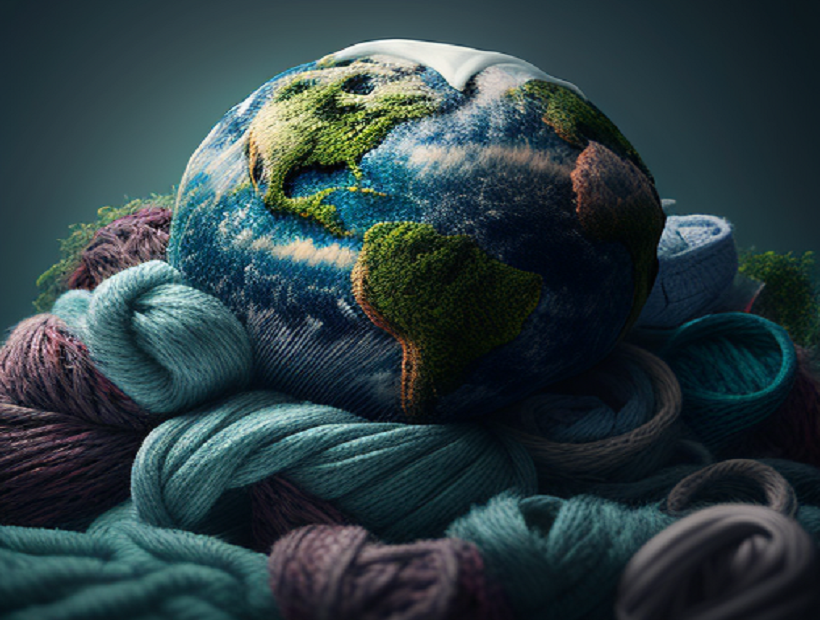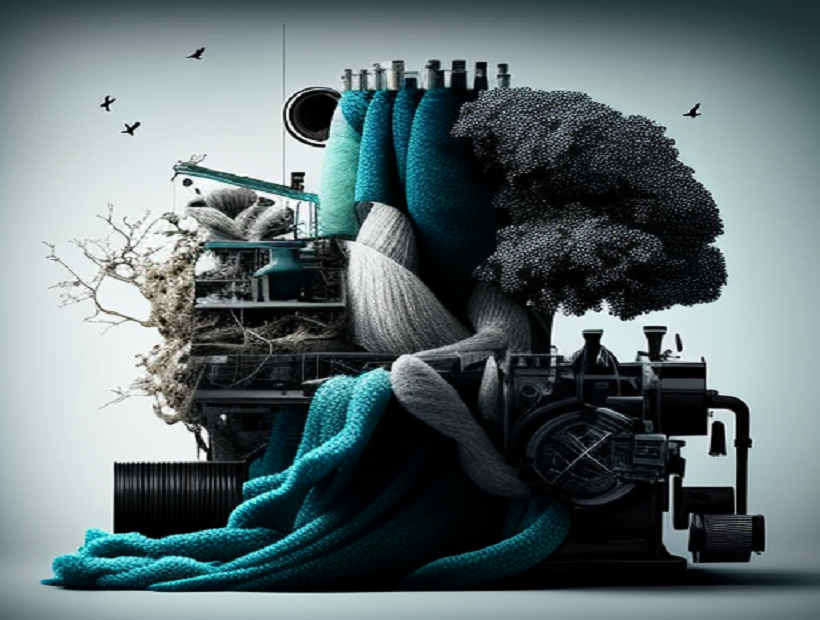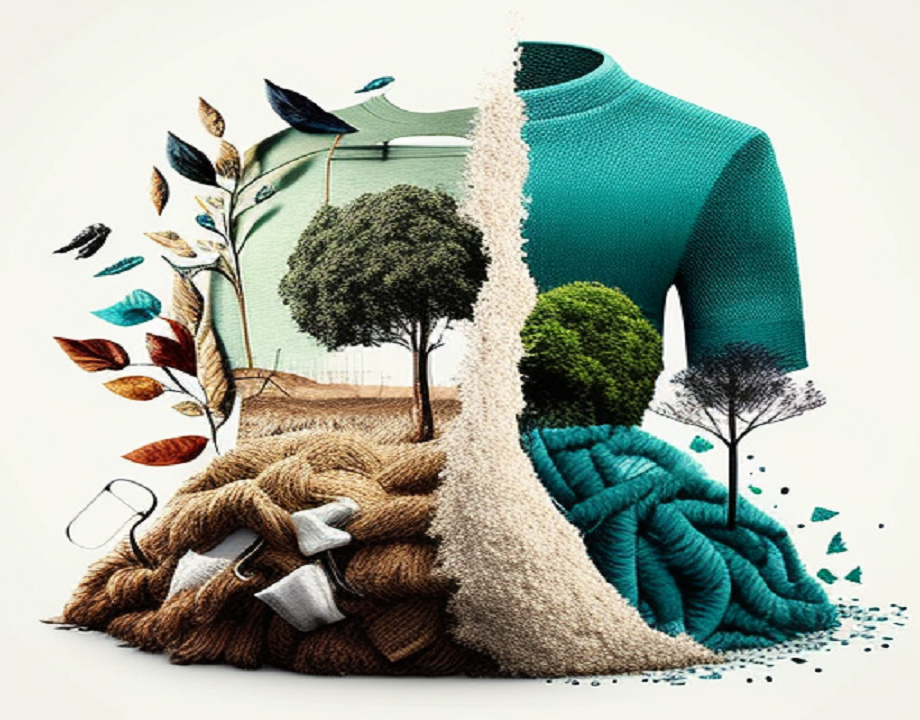The textile industry is one of the most significant contributors to the global economy, but it is also one of the most resource-intensive and environmentally damaging industries. With the growing awareness of the impact of human activities on the environment, sustainability has become a critical concern in the textile industry.
Water Consumption
- Water usage in the textile industry
- Impacts of high water usage
- Water-saving measures in the textile industry
Energy Consumption
- Energy usage in the textile industry
- Impacts of high energy usage
- Energy-saving measures in the textile industry

Chemicals and Hazardous Materials
- Chemicals used in the textile industry
- Hazardous materials in the textile industry
- Health and environmental impacts of chemicals and hazardous materials
- Alternatives to harmful chemicals and hazardous materials
Waste Management
- Waste generation in the textile industry
- Impacts of textile waste on the environment
- Waste management practices in the textile industry
- Circular economy approaches in the textile industry
Labor Practices
- Labor conditions in the textile industry
- Human rights violations in the textile industry
- Fair labor practices and ethical sourcing in the textile industry

Certification and Standards
- Sustainable certification schemes and standards in the textile industry
- Benefits of sustainable certification and standards
- Challenges of implementing sustainable certification and standards
Collaboration and Innovation
- Collaborative efforts to promote sustainability in the textile industry
- Innovative technologies and approaches in the textile industry
- The future outlook for the sustainable textile industry
Conclusion
Sustainability issues in the textile industry are complex and interconnected. Addressing these challenges requires a holistic approach that involves all stakeholders in the industry, including producers, manufacturers, retailers, and consumers. By implementing sustainable practices and promoting innovation and collaboration, the textile industry can reduce its environmental impact and contribute to a more sustainable future.

